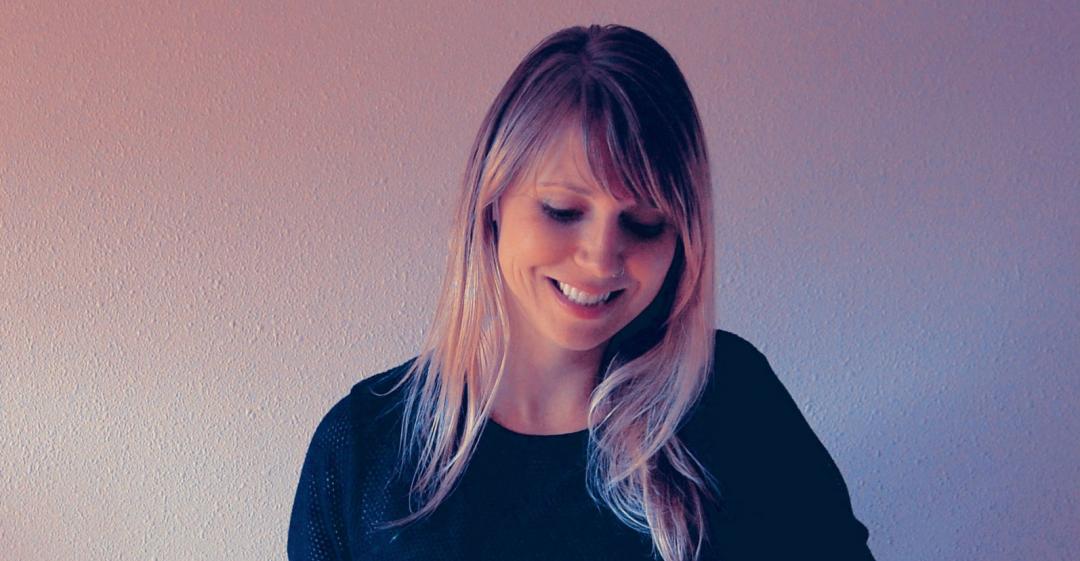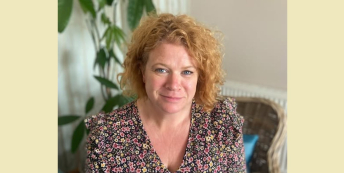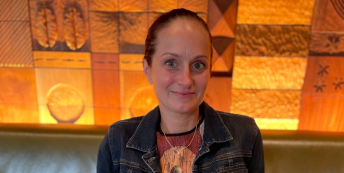“All of a sudden I realised I was in an amazing state of flow.”

What work were you doing previously?
I was helping manage an e-commerce website, which included some project management, SEO, email marketing, and basic front-end web design and development.
What are you doing now?
I'm now working as an Associate Software Engineer with Capital One Investing.
How did you feel about your work before you decided to make a change?
Working in e-commerce was something I really enjoyed and being in a jack of all trades-type role kept the days interesting, but I wasn't feeling too satisfied by the work.
Why did you change?
I was feeling more and more frustrated that my technical knowledge was stagnating.
It was something I decided I would regret not improving on.
When was the moment you decided to make the change?
I think I'd been working on building an HTML email, listening to good music on the headphones, buried in code, and all of a sudden I realised I was in an amazing state of flow.
I couldn't remember the last time I'd felt that, and decided I needed to figure out how to get more of that feeling into my work day.
A deep dive into web development started sounding like what I needed to both grow my technical ability and get me ready for a developer or engineer role where I could spend more time working with code and solving technical problems.
Are you happy with the change?
Very!
Focusing on my personal and technical development over the last year has been incredibly satisfying. And while I don't get to spend all day every day buried in code, it happens much more often than before.
What do you miss and what don't you miss?
There's not much I miss.
I definitely don't miss the commute I used to have, or the feeling of wondering what would or could happen if I took a chance and made a change.
How did you go about making the shift? And how specifically did you choose your new career?
I didn't really choose a new career so much as identify a potential fork in the road, and then decide to take it.
Once I settled on deep-diving into full-stack web development, I quickly decided the bootcamp route made more sense to me than the commitment of more traditional schooling and the lack of structure a self-study route would have.
After researching many programmes, I decided on an online programme called Firehose. It was the right combination for me of curriculum, teaching style, programme length and cost. I wanted to be immersed in the material, so I made the decision to quit my job, enroll in Firehose, and started spending 30-40 hours per week working through the programme material, which meant reading through tutorials, building applications, working on code challenge problems and studying the concepts that were hard to grasp.
I took the Learning How to Learn online course on Coursera before starting the programme which was a great primer for approaching such challenging material.
What didn't go well? What 'wrong turns' did you take?
I don't think I really took any 'wrong turns'; most of my choices between deciding to make a change and starting my new position were pretty well thought out.
Learning something like full-stack web development is overwhelming though, and it's hard to know where to spend your time. I definitely had to pull myself out of rabbit holes more than a few times.
How did you handle your finances to make your change possible?
Once I decided that I wanted to quit my job to focus on learning, I did some calculations and figured out how much I would need in the bank, and how much time I could take off without income.
With that figured out, I identified when I would be able to quit, and how long I could go before needing to have income again. It was definitely hard to adjust my monthly spending once the regular income went away, but it was worth it.
What was the most difficult thing about changing?
The hardest part at first was just putting in the time.
The way to get good at programming is constantly working on problems just beyond your comprehension, so it almost always feels like a struggle, like you're not good enough, like you don't know enough yet.
Interviewing for technical roles is also incredibly hard, and makes you feel like quite the imposter.
What help did you get? 
Part of what made the Firehose programme so great is that they match you up with a mentor – a senior level developer – to help answer questions and guide your learning.
I had a dedicated hour with my mentor each week for 22 weeks, and it was a crucial part of the programme.
Once I was about ready to start the job search process, I started going to meetups and conferences to start the dreaded networking process. As challenging as it is for me (being a complete introvert), meeting other people in the tech world and hearing their stories was really helpful, and it's ultimately how I ended up finding out about the job opportunity that worked out for me in the end.
What resources would you recommend to others?
The Learning How to Learn Coursera course, and the book A Mind for Numbers by Barbara Oakley are really helpful for tips on how to study intimidating subjects.
What have you learnt in the process?
I've learned that web development and software engineering isn't all about the code – it's mostly about teamwork, and about getting comfortable with a whole lot of ambiguity.
I've also learned I'm never going to be bored in this field. There's always something new to learn, something to get better at, people doing interesting things to talk to.
What do you wish you'd done differently?
I'm pretty happy with how I went about the whole process – or at least that's how I'm choosing to look at it!
What would you advise others to do in the same situation?
If you're trying to make a change into a technical field, it definitely helps to be able to immerse yourself in the material for an extended period of time if you can, but what really matters is just to start coding, and keep coding. Working at it consistently is the important part.
There are also so many bootcamp-style learning options these days that it's worth putting the time into really analysing which programme is going to work best with your lifestyle and your learning style.
To find out more about the Firehose programme, visit www.thefirehoseproject.com.
Also, find out more about The Firehose Project in our Retraining Directory.
What lessons could you take from Erin's story to use in your own career change? Let us know in the comments below.



